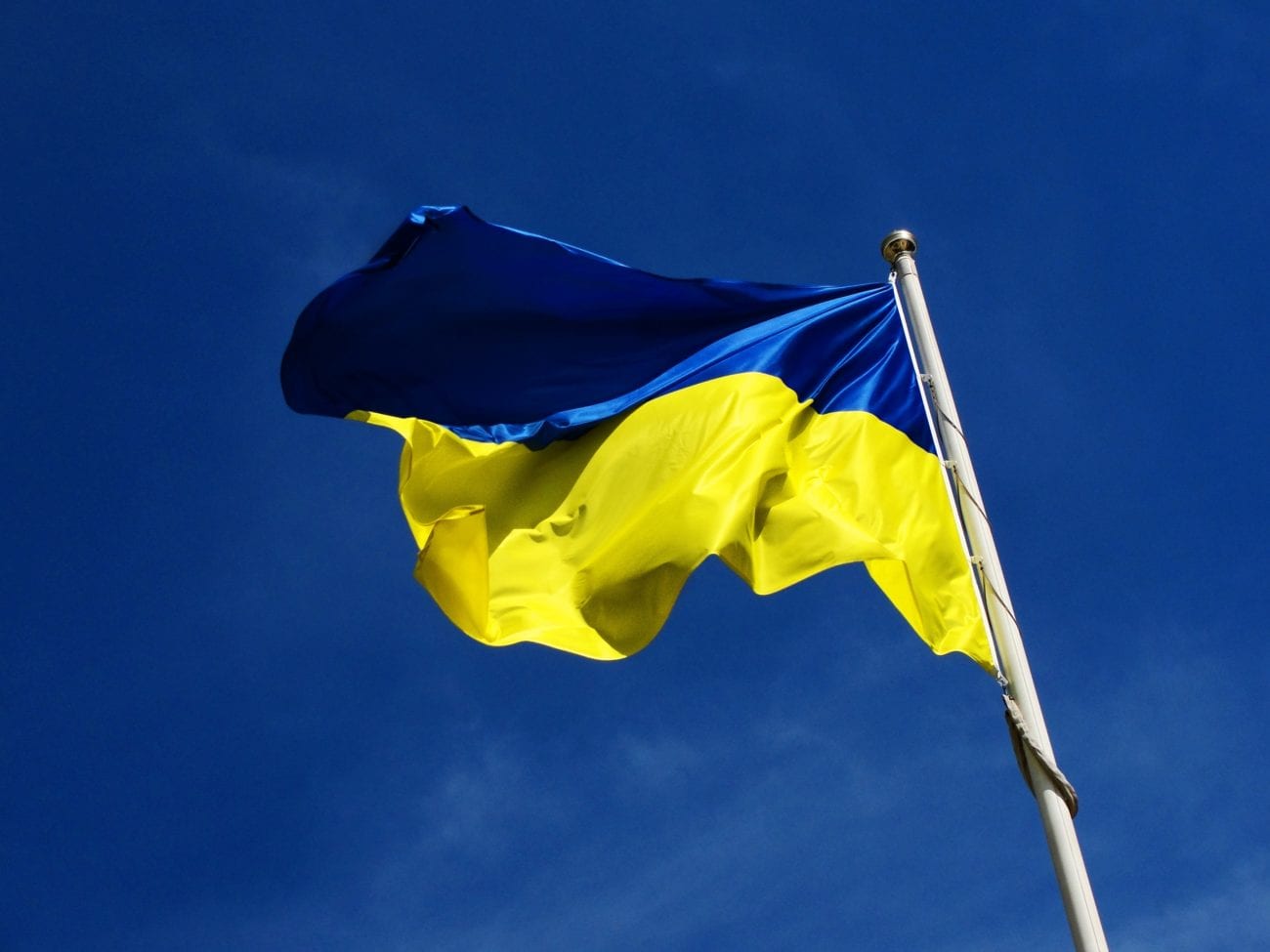Ukraine B2B licensing: a boost for local players, an opportunity for foreigners

After the relaunch of the gambling market and issuance of several operating licences, Ukraine finally introduced the licensing conditions for service providers at the end of March.
The Commission for the Regulation of Gambling and Lotteries in Ukraine (KRAIL), the country’s regulator, is on the prowl for attractive businesses from a thriving local industry of software development, leveraging the country’s strong reputation as an international IT hub.
Low regulatory barriers, access to local talent and low-cost set-up fees are the weapon of choice for Ukraine.

B2B license scope
A B2B license allows Ukraine-based companies to provide gambling software -that is, any product used to conduct games of chance – to resident and foreign gambling operators.
Although the term is defined vaguely, it includes a wide range of software, including random number generators, live-streaming products, odds services and online systems for gambling operators, among other things.
A licensed B2B provider may supply its software to both Ukrainian gambling operators and non-resident entities holding gambling licenses in other jurisdictions. However, foreign B2B providers are not required to get Ukrainian licenses to supply their products to Ukrainian operators.
Requirements
In contrast to tough requirements imposed on gambling operators, potential B2B licensees are benefiting from the low regulatory barriers.
Companies eligible for B2B licenses shall be legal entities registered in Ukraine and shall not: be controlled by Russian residents, have Russian residents as UBOs, have individual shareholders who are also considered to be Russian residents, hold any stake in a Russian business or have corporate shareholders registered in North Korea or Iran.
In addition, the regulator wishes to see an “impeccable business reputation” of the top management (CEO, CFO), shareholders, and UBOs, meaning that these people have clear files and are not subject to Ukrainian/international sanctions.
No particular requirements for share capital or number of employees exist, however.
The B2B licensing conditions do not limit the services providers in their business relations with clients. Different commercial models may be agreed, including revenue share.
License terms and fees
The license is granted for five years. The total license fees are about €54,000, payable annually in five equal tranches.
With a rather inexpensive license (with an annual fee of EUR 10,800) the government hopes to issue two dozen B2B licenses in 2021.
Who may benefit from the new licensing regime?
International sportsbooks and online casinos operators
It is a common practice for international operators to engage qualified Ukrainian staff to develop new products and maintain existing operations. Due to the unclear regulation of these services, international operators had to rely on a complicated network of outsourcing and outstaffing agreements, combined with Ukrainian-based IT outsourcing companies.
Now international operators may seek to establish a separate B2B provider in Ukraine to support their groups’ needs, cutting down their compliance risks and accessing local talents directly.
IT outsourcing businesses
These businesses have a chance to get a newly licensed jurisdiction in their portfolio, strengthening their compliance. It is a particularly appealing opportunity given a continuing exodus of international operators from unregulated markets and unlicensed providers.
Independent development studios
Content providers such as live-casino streaming services and games development studios may become a more interesting and reliable party for the clients buying their services by obtaining a local licence. Beyond that, foreign investment funds and private equity investors consider licensed studios as better targets for investment and strengthening their portfolios.
